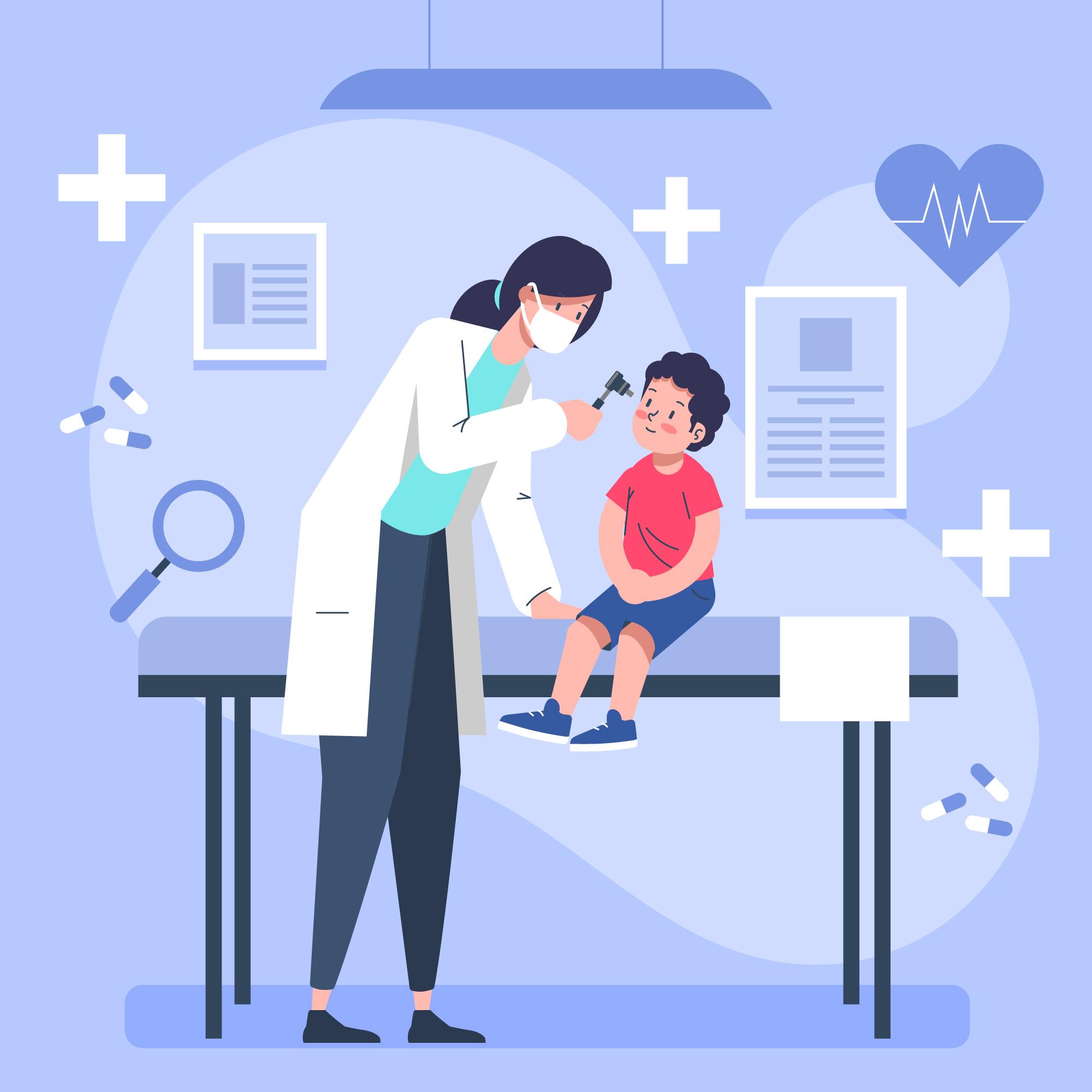
Aortic Valve Stenosis in Children and Young Adults: Early Detection and Management
Introduction: Aortic Valve Stenosis in Children and Young Adults: What You Need to Know
Aortic Valve Stenosis (AVS) isn’t just a concern for older adults—it can affect children and young adults too. AVS can significantly impact the heart’s ability to pump blood efficiently, and it’s important to understand how it manifests in younger individuals. Early detection and management of AVS in children are essential to prevent long-term complications and improve quality of life.
Understanding Aortic Valve Stenosis
AVS occurs when the aortic valve, responsible for regulating blood flow from the heart to the rest of the body, becomes narrowed or stiffened. This narrowing restricts blood flow, making it harder for the heart to pump blood effectively. In children and young adults, AVS can either be congenital (present at birth) or develop over time due to other factors like genetic conditions or infection. The severity of AVS can vary, and its effects depend on how much the valve is narrowed.
Early Detection and Management
Screening: Pediatricians routinely screen infants and children for heart murmurs, which can be a sign of AVS. Early detection allows for prompt evaluation and treatment, which can make a significant difference in preventing complications.
Symptom Recognition: Parents should be aware of symptoms such as fatigue, poor feeding, failure to thrive, and difficulty breathing, which may indicate AVS in infants and young children. In older children or young adults, symptoms may include chest pain, fainting, or shortness of breath during physical activity.
Treatment Options: Depending on the severity of AVS, treatment options may include medication to manage symptoms and reduce strain on the heart, balloon valvuloplasty (a minimally invasive procedure to widen the narrowed valve), or surgery to repair or replace the valve. In some cases, ongoing monitoring may be sufficient if the condition is mild.
Lifestyle Adjustments: Children and young adults with AVS may need to make lifestyle adjustments, such as avoiding strenuous activities or exercise that could strain the heart. Regular follow-up with a cardiologist is essential to monitor heart function and adjust treatment as needed.
Conclusion
While AVS in children and young adults presents its own set of challenges, early detection and management are key to ensuring optimal outcomes. By staying informed, parents and healthcare providers can collaborate to provide the best care, support healthy heart function, and improve the overall well-being of younger individuals affected by this condition. With proper treatment and monitoring, many children and young adults with AVS can lead active and fulfilling lives.
To seek medical advice, always consult a Doctor. Here are our recommended experts. Click here
To read more on Heart Disease . Click Here


